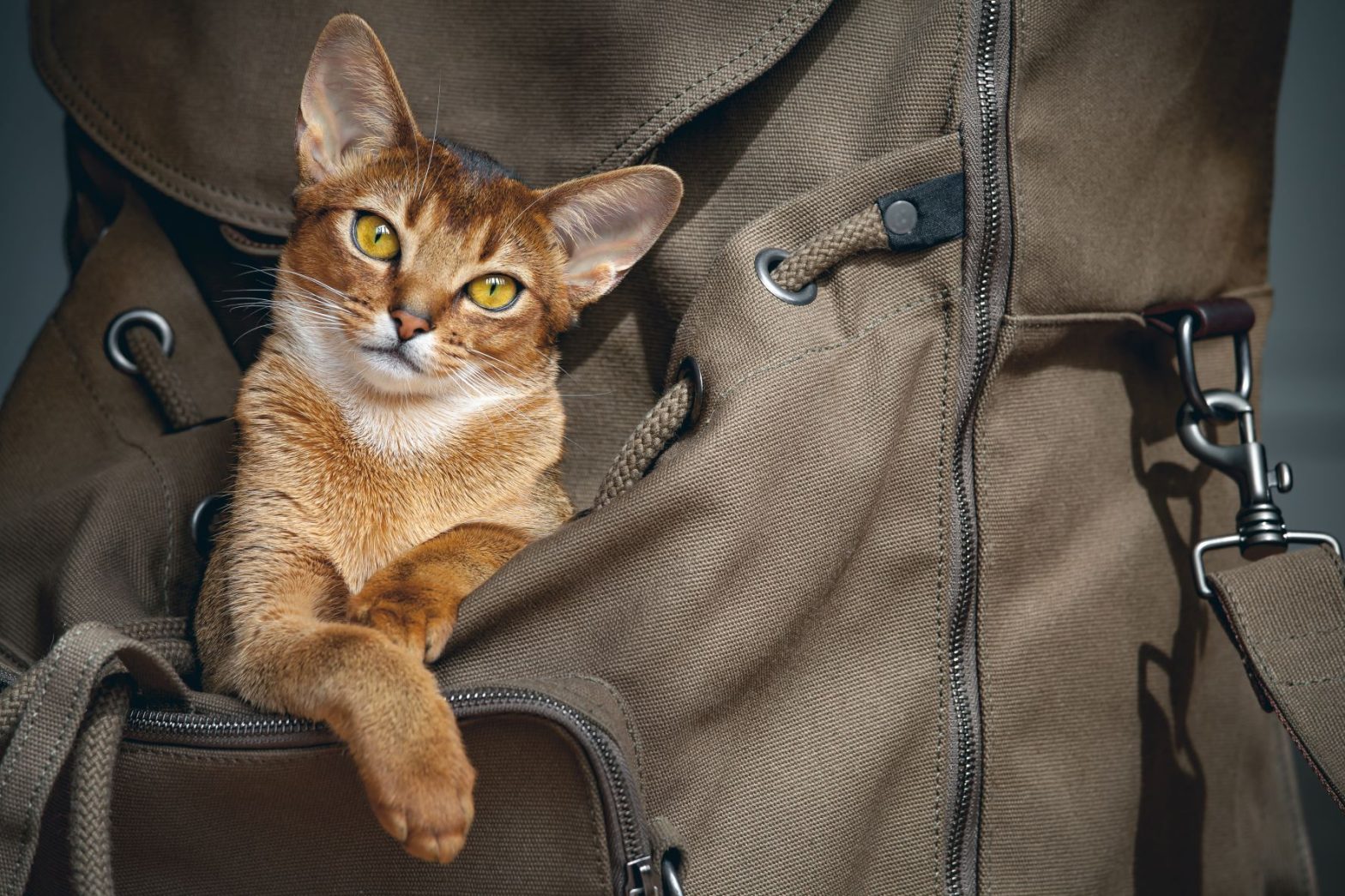According to GOV.UK, a new law is being passed to make microchipping mandatory for cats in the UK. Microchipping puppies has been compulsory since 2016, and the government is now reviewing these regulations to tie in with the new rules for cats.
While microchipping is intended to reunite owners with their pets when they stray, unfortunately, if an animal is found dead, there is currently no rule to ensure the chip is scanned so the owner can be notified.
Microchipping Law
With more than 10 million pet cats in the UK, the microchipping law will have far-reaching consequences. Owners will have to have their kitten microchipped by the time they reach 20 weeks of age. Their contact details will then be stored in one of the DEFRA compliant databases, so that if their favourite feline goes missing, they can be identified if they are found.
Anyone failing to comply with the new law will have 21 days to get the microchip implanted or be fined up to £500.
What is Microchipping?
In a simple procedure, a tiny microchip, no bigger than a grain of rice, is inserted under the skin of your pet, normally at the back of the neck. It holds a unique number that can be read by a special scanner and checked against a national database to locate the registered owner. This is not a pet tracker, but simply an identifier; a small radio transponder that sends its number when triggered by a microchip reader.
Benefits of Microchips
Although relying on a microchip to identify a pet is not foolproof, it does have a number of benefits:
- It is virtually painless to insert
- The chip is normally permanent, so it will not be lost
- It has a long life, so it will usually last your pet’s lifetime
- It can identify a pet using a scanner held by any vet
- The databases of owners are nation-wide
- Studies show that 2.5 times more strays are returned to their owners when microchipped
Animal Welfare
The move to make microchips compulsory for cats is part of the government’s Action Plan for Animal Welfare, which also includes measures to combat puppy smuggling and tougher sentencing for pet theft.
In their consultation, of which 33,000 people participated, it was determined that 99% of people supported mandatory microchipping for cats. It is no surprise, when you consider that a remarkable 8 out of 10 stray cats have nothing to identify them when they arrive at rescue centres such as Cats Protection rehoming centres across the country.
Ensuring that every pet cat has a microchip will improve the chances that they can find their way home if they are lost or injured.

